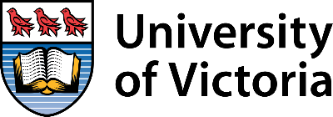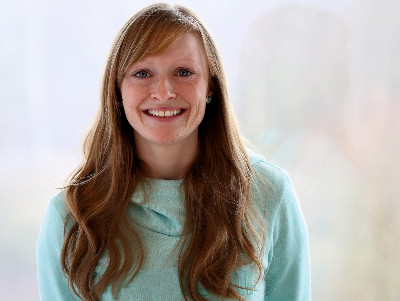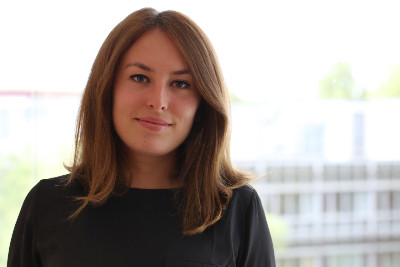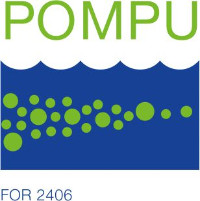Page path:
- Marine Glycobiology
- News
News
[February 2023]
[December 2022] Slime for the climate, delivered by brown algae
Dec 26, 2022
In form of fucoidan, brown algae could remove up to 0.55 gigatons of carbon dioxide from the atmosphere every year
ERC: Basic Research in the Field of Marine Carbon Storage [March 2022]
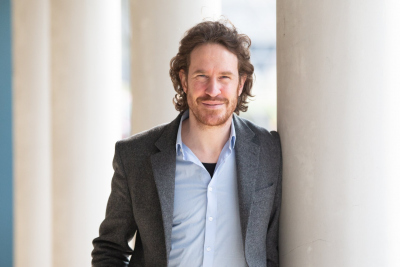
Jan-Hendrik Hehemann has been awarded the ERC Consolidator Grant, one of the European Research Council's most highly endowed awards. He and engineering scientist Andreas Fischer, also from the University of Bremen, will each receive around 2 million euros for their foundation research in the coming years.
Heisenberg Professorship for Dr. Jan-Hendrik Hehemann from the Faculty of Biology/Chemistry / New working group investigates the relevance of fiber in marine cycles
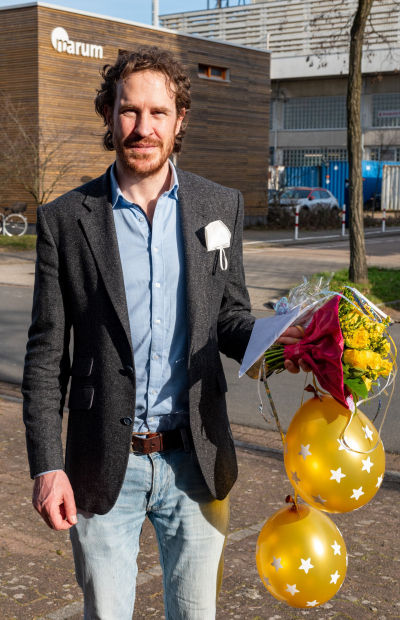
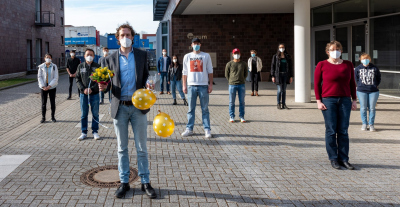
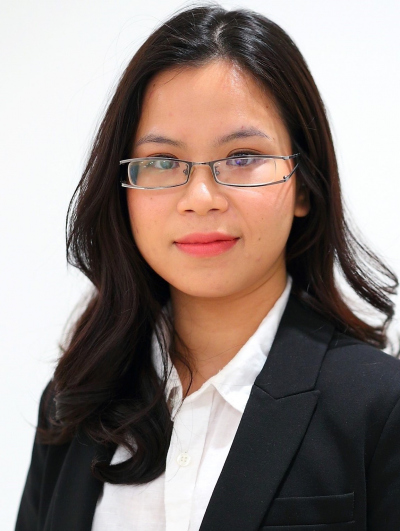
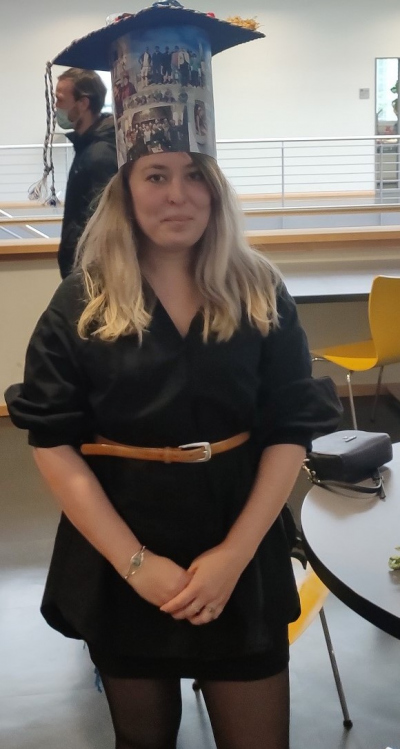
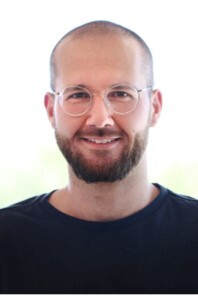

2019
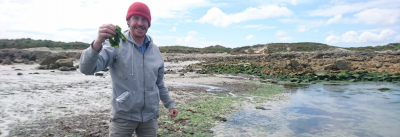
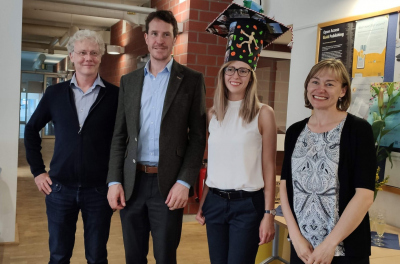
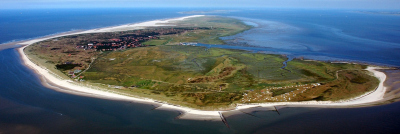


2018

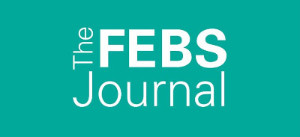


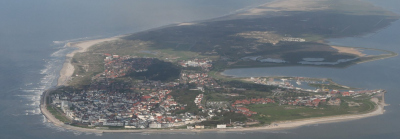

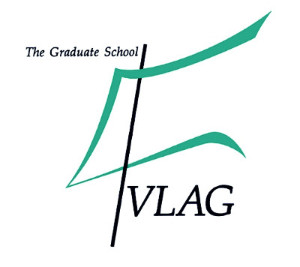
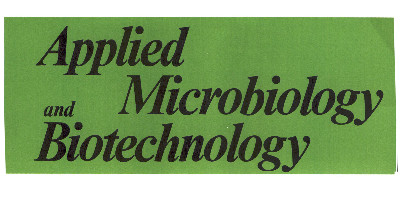


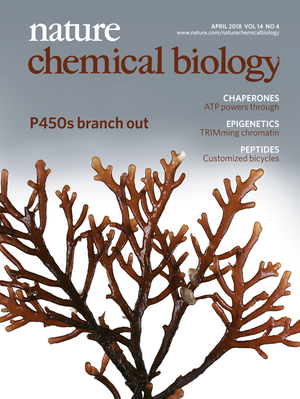
2017
